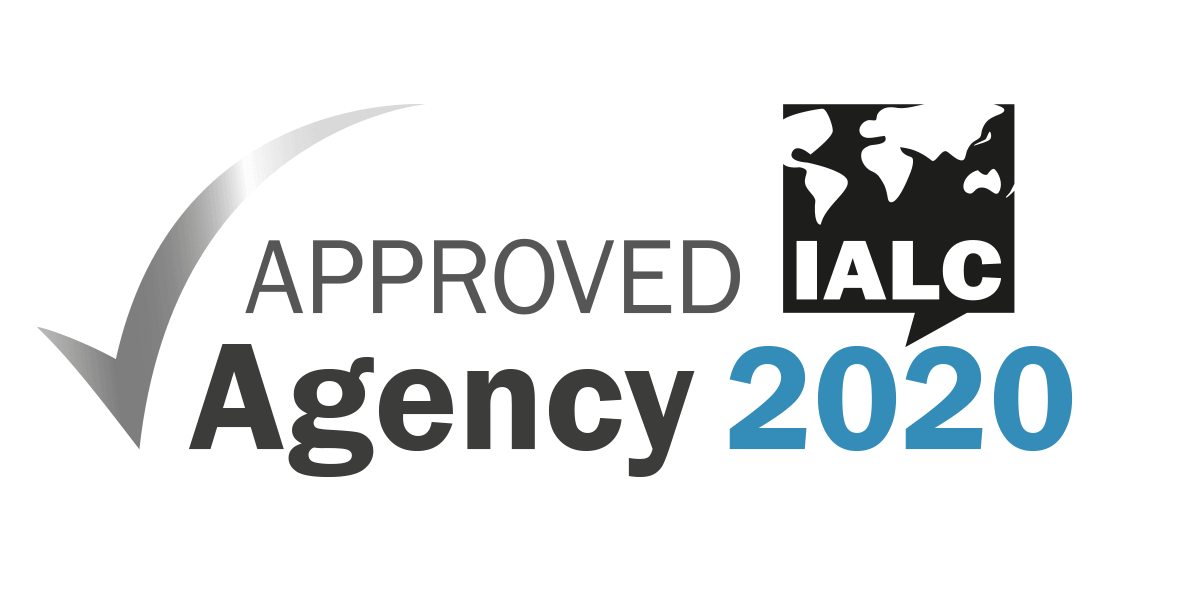
Insurance by type of visa
Health cover for overseas visitors in Australia is regulated by Reciprocal Health Care Agreements. These agreements provide basic health cover for any illness or accident that occurs during your stay. Here is the insurance, which is provided/required based on the type of visa you hold:
Tourist visa
A Tourist Visa covers health expenses up to a maximum of three months.
Working Holiday Visa
It is possible to receive free healthcare services in Australia depending on your country of origin. This is also known as Medicare. Generally, Medicare will cover you until the day your visa expires. However, there are exceptions to this. For example, if you are from Italy healthcare is guaranteed for the first six months. If you don’t want to pay for any medical expenses after that initial six months, you will need to take out private insurance (an expense you must pay for). Alternatively, you must leave the country and then return.
You can read more about healthcare options and how this will apply to your nationality here:
In order to activate the free health insurance, you need to go to the Medicare offices with the following documents:
- Passport
- Visa
- Health card from your own country (if applicable)
- Bank account details. This is so Medicare benefits can be paid directly into your account.
You will be issued with a health card, otherwise known as the Medicare card. You must always carry this with you, as you never know when you might need it.
Student Visa
If you hold a Student Visa, you are obliged to sign up for OSHC (Overseas Student Health Cover) for the duration of your stay in Australia. If your visa is renewed, your insurance cover must also be extended. There are different types of OSHC insurance – for example Medibank and AHM.
OSHC covers the cost of medical care, hospital care, medicines (up to $50 per pharmaceutical) and ambulance services (similar to what Australian residents receive through Medicare).
OSHC insurances have an agreement with some general practices where direct billing is possible. If you choose to use a non-affiliated practice, you will most likely need to pay for the cost of the treatment upfront and then claim it back at a later date.
In general, the standard health insurance (the one guaranteed by Tourist Visas, Working Holiday and OSHC) provides free treatment in public hospitals, medicines subsidised by the Government and (limited) reimbursements for private treatment.
OSHC health insurance is a mandatory requirement for Student Visas.
Medical services not covered by Medicare
Medical services not covered by Medicare are:
- Medicinal products not covered by the Pharmaceutical Benefits Scheme (PBS)
- Organised treatments before arriving in Australia
- Accommodation and medical care in a private hospital
- Accommodation and medical care as a private patient in a public hospital
- Ambulance transport
- Dental examinations and treatments (with the exception of specific cases introduced for joint health services as part of the Chronic Disease Management (CDM) programme)
- Physiotherapy, occupational therapy, speech therapy, eye therapy, chiropractic services, podiatry or psychology (except for specific cases introduced for joint health services as part of the Chronic Disease Management (CDM) program)
- Acupuncture (unless part of a doctor’s consultation)
- Glasses and contact lenses
- Hearing aids and other appliances
- The cost of prostheses
- Medical expenses for which you are responsible for someone else (e.g. an employer)
- Medical services which are not clinically necessary
- Surgery for aesthetic purposes only
- Life insurance or pension fund examinations
- Eye therapies
- Staying in nursing homes
Although these services are not covered, it is possible to include them by taking out extra policies.
Do you need any help?
Medical treatments
YYou can obtain medical treatment at medical centres and private practices throughout Australia. In this case, the payment of visits and treatments can be made in the following ways:
Bulk billing*
The doctor invoices Medicare directly. In this case, you will be asked to show your health care card and sign a Medicare form for bulk billing after seeing your doctor. This way, you will not have to pay anything.
*Not all physicians apply bulk billing.
Patient Invoicing
If the doctor delivers the invoice to you as a patient, you can:
Immediately pay the amount provided by the service, and then request a refund from Medicare.
How do I request a refund?
Make a request by phone by calling 132 011
Ask practice staff if they can submit a Medicare request on your behalf.
Ask for a refund in person at a DHS service centre.
Send a reimbursement claim form, including the original doctor’s invoice and receipt, to the Department of Human Services at Medicare, GPO BOX 9822 (in your capital city). You will then receive a cheque to cover your Medicare expenses.
Make an online request through Medicare self service
Present the unpaid invoice directly to Medicare.
To present your unpaid invoice to Medicare you must:
Take the cheque to your doctor and pay the difference between Medicare coverage and the total cost of the medical service you received
Take your invoice along with a completed request form to a DHS service centre, or send it to the Department of Human Services at Medicare, GPO BOX 9822 (in your capital city). They will send you a cheque with the name of your doctor on it.
Hospital treatment
If you receive essential medical treatment in a public hospital, you will not be charged for any treatment and/or accommodation costs.
Just show your passport or health insurance card to the staff when you arrive at the hospital.
If you choose to be treated as a private patient in a public hospital or as a private patient in a private facility, you will have to pay for both medical care and accommodation.
These expenses cannot be claimed through Medicare.
Remember that the insurance is only valid in Australia. To be covered whilst visiting New Zealand or another country, you will need to take out travel insurance.
What to do if your health care is only covered for six months?
After the first six months of guaranteed health coverage, there are two possibilities:
Taking out Private Health Insurance (as is the case with Student Visa)
Exit Australia and return again: in this case all you need to do is go back to the Medicare office with your passport which testifies to your temporary departure from the land down under. This will renew your free health insurance for another six months.
Please note that the insurance process is part of our free consulting services.
We will take care of the paperwork to get you the right health card from the moment you arrive in Australia to avoid any kind of risk.
When considering OSHC (mandatory on a Student Visa), GO STUDY recommends Medibank and AHM. They tend to offer the best services at the lowest prices. If you would like more information on taking out health insurance for your time in Australia, contact us today.




